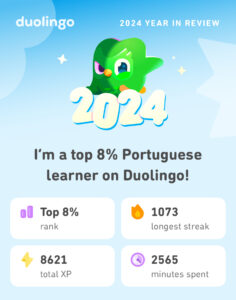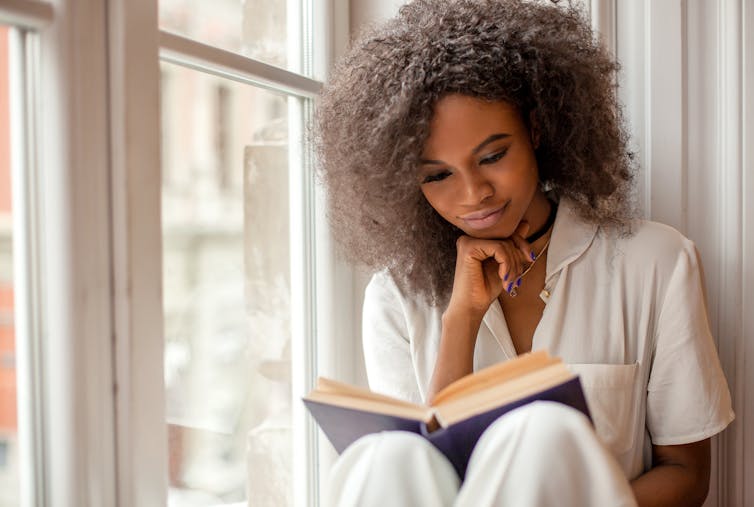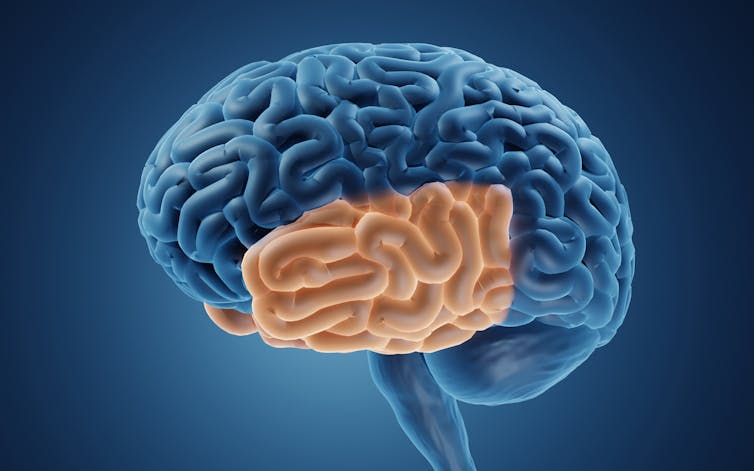12th house profection year for me.

I think I might nearly be on the verge of losing this streak. So I put it here.
A post shared by PollyannaR (@pollyannar.big.picture)
People who are good at reading have different brains

The number of people who read for fun appears to be steadily dropping. Fifty percent of UK adults say they don’t read regularly (up from 42% in 2015) and almost one in four young people aged 16-24 say they’ve never been readers, according to research by The Reading Agency.
But what are the implications? Will people’s preference for video over text affect our brains or our evolution as a species? What kind of brain structure do good readers actually have? My new study, published in Neuroimage, has found out.
I analysed open-source data from more than 1,000 participants to discover that readers of varying abilities had distinct traits in brain anatomy.
The structure of two regions in the left hemisphere, which are crucial for language, were different in people who were good at reading.
One was the anterior part of the temporal lobe. The left temporal pole helps associate and categorise different types of meaningful information. To assemble the meaning of a word such as leg, this brain region associates the visual, sensory and motor information conveying how legs look, feel and move.
The other was Heschl’s gyrus, a fold on the upper temporal lobe which hosts the auditory cortex (the cortex is the outermost layer of the brain). Better reading ability was linked to a larger anterior part of the temporal lobe in the left hemisphere compared to the right. It makes sense that having a larger brain area dedicated to meaning makes it easier to understand words and, therefore, to read.
What might seem less intuitive is that the auditory cortex would be related to reading. Isn’t reading mainly a visual skill? Not only. To pair letters with speech sounds, we first need to be aware of the sounds of the language. This phonological awareness is a well-established precursor to children’s reading development.
A thinner left Heschl’s gyrus has previously been related to dyslexia, which involves severe reading difficulties. My research shows that this variation in cortical thickness does not draw a simple dividing line between people with or without dyslexia. Instead, it spans the larger population, in which a thicker auditory cortex correlates with more adept reading.
Why size matters
Is thicker always better? When it comes to cortical structure, no, not necessarily. We know the auditory cortex has more myelin in the left hemisphere of most people. Myelin is a fatty substance that acts as an insulator for nerve fibres. It increases neural communication speed and can also insulate columns of brain cells from each other. Neural columns are believed to function as small processing units.
Their increased isolation and rapid communication in the left hemisphere can be thought to enable the fast, categorical processing necessary for language. We need to know if a speaker uses the category d or t when saying dear or tear rather than detecting the exact point where the vocal folds start vibrating.
According to the “balloon model” of cortical growth, the larger amount of myelin squeezes out left-hemispheric cortical areas, making them flatter but more extended. So while the left auditory cortex may be thicker in good readers, it is still thinner (but much more extended) than the corresponding right cortex.
This hypothesis was corroborated in the recent research. The left hemisphere had generally larger but thinner cortical areas with a higher degree of myelin.
So is thinner better, then? Again, the answer is no, not necessarily. Complex abilities that require integrating information tend to benefit from a thicker cortex. The anterior temporal lobe with its complex way of integrating information is indeed the thickest structure of all cortical areas. An underlying mechanism might be the existence of more overlapping, interacting neurons which process information more holistically.
Phonology is a highly complex skill, where different sound and motor features are integrated into speech sounds. It appears to correlate with a thicker cortex in an area near the left Heschl’s gyrus. While it is unclear to what extent phonology is processed in Heschl’s gyrus, the fact that phoneticians often have multiple left Heschl’s gyri suggests it is linked to speech sounds.

Clearly, brain structure can tell us a lot about reading skills. Importantly, though, the brain is malleable — it changes when we learn a new skill or practice an already acquired one.
For instance, young adults who studied language intensively increased their cortical thickness in language areas. Similarly, reading is likely to shape the structure of the left Heschl’s gyrus and temporal pole. So, if you want to keep your Heschl’s thick and thriving, pick up a good book and start reading.
Finally, it’s worth considering what might happen to us as a species if skills like reading become less prioritised. Our capacity to interpret the world around us and understand the minds of others would surely diminish. In other words, that cosy moment with a book in your armchair isn’t just personal – it’s a service to humanity.
Mikael Roll, Professor of Phonetics, Lund University
This article is republished from The Conversation under a Creative Commons license. Read the original article.
